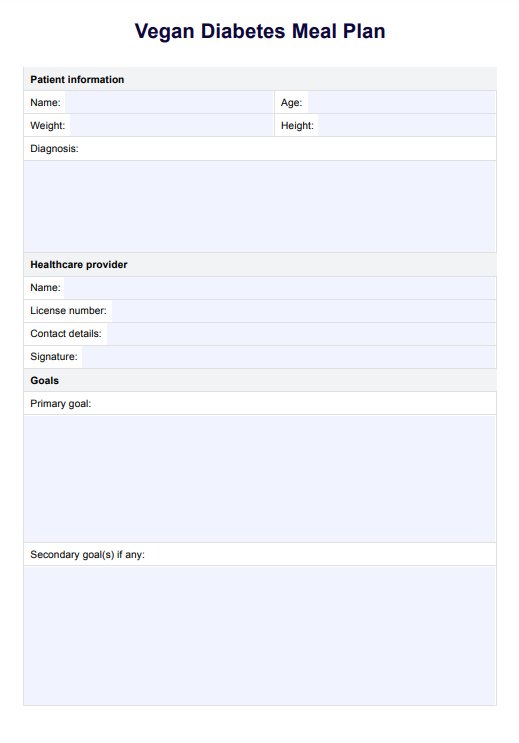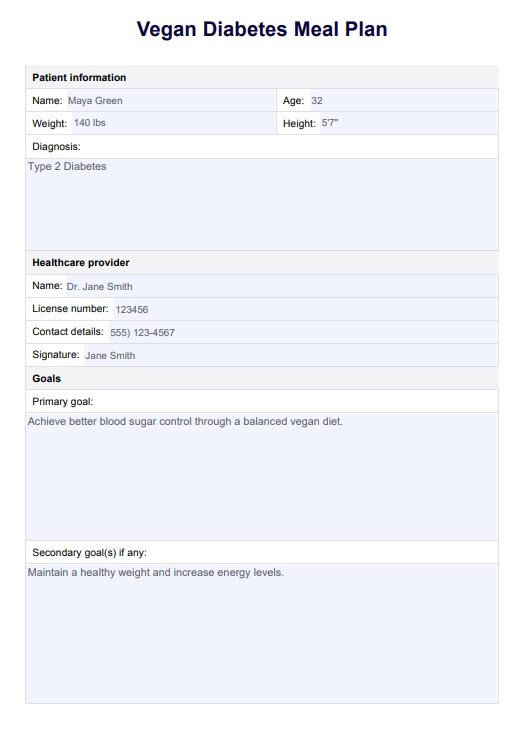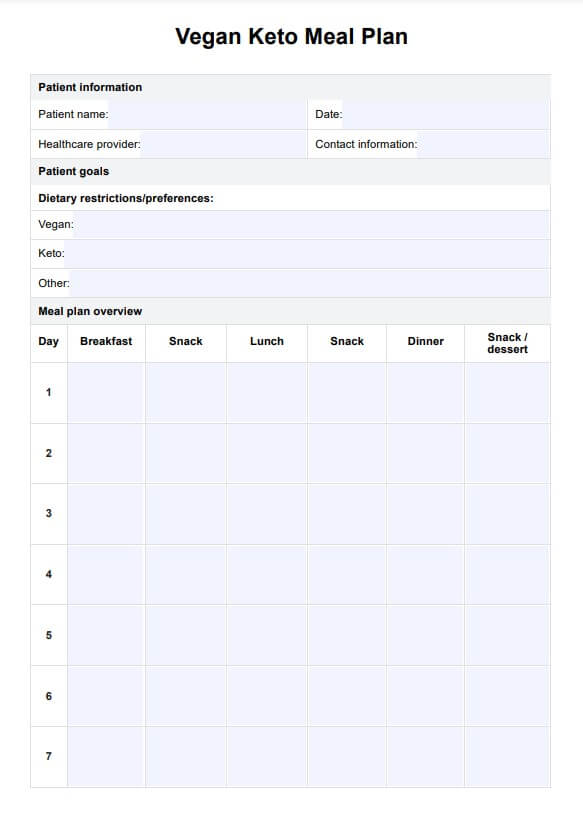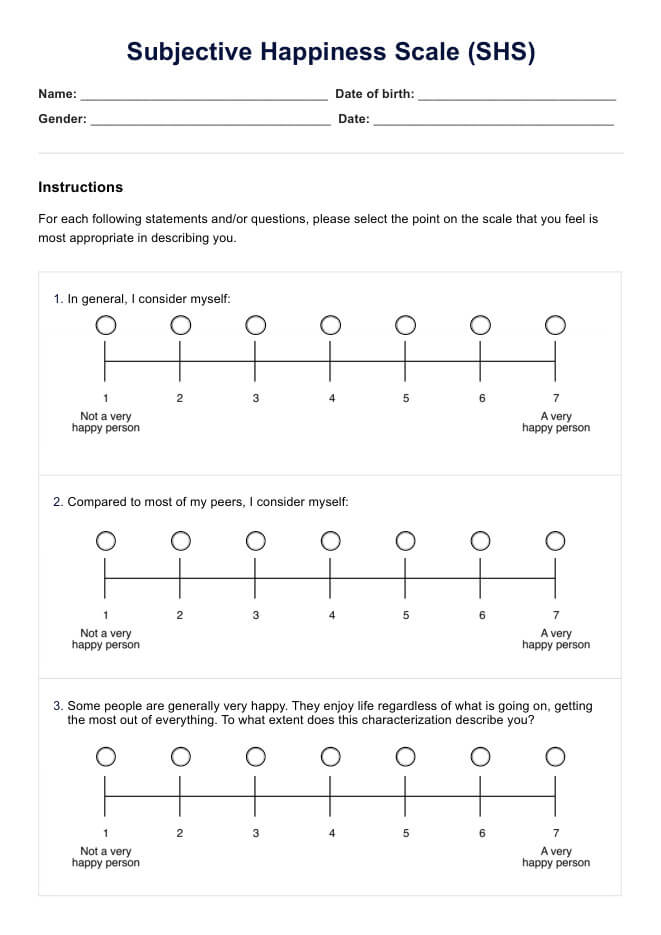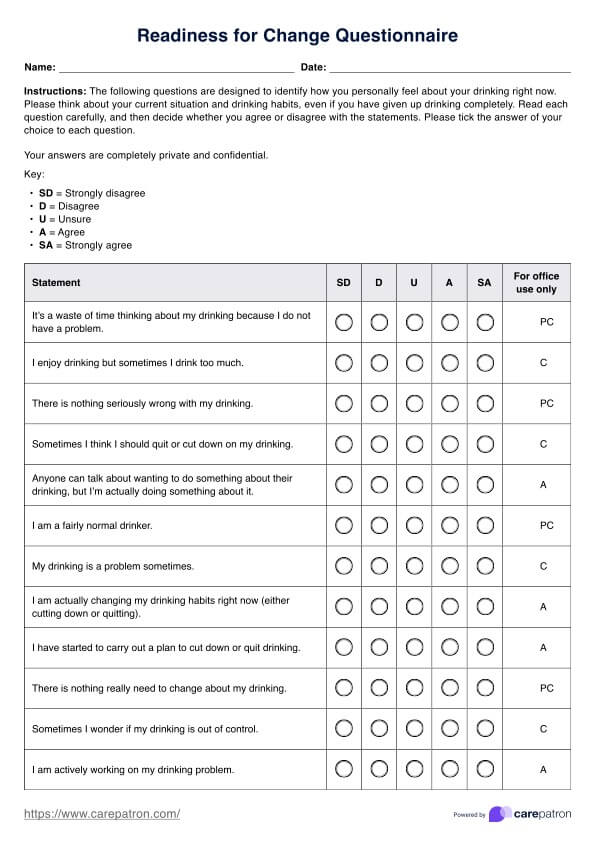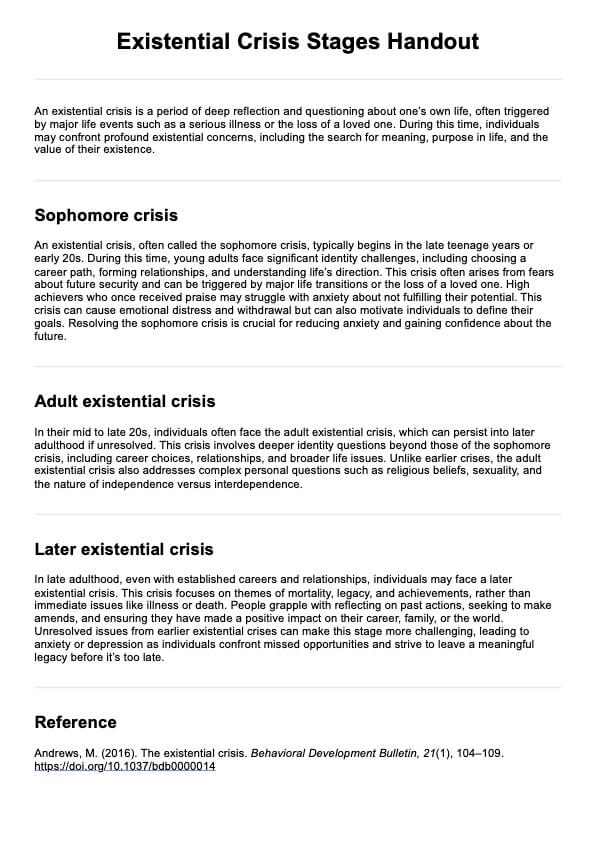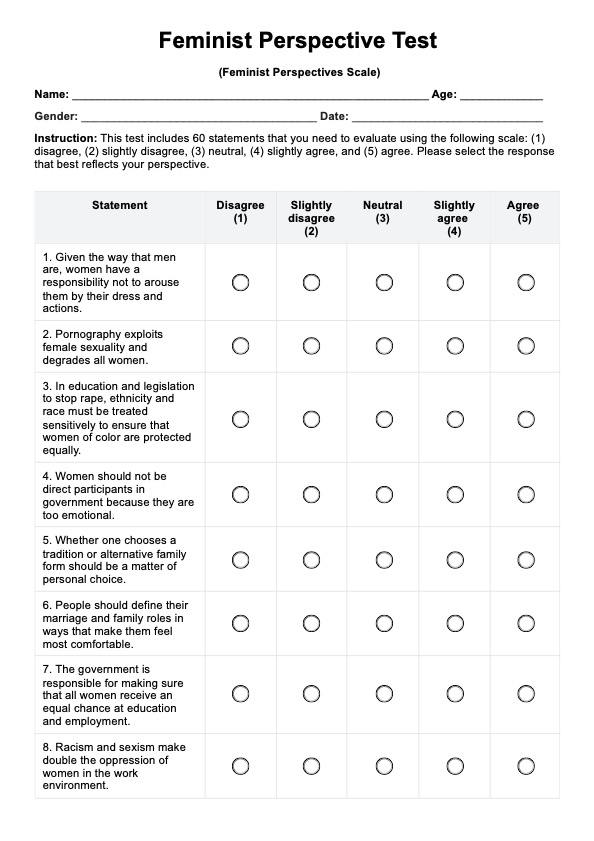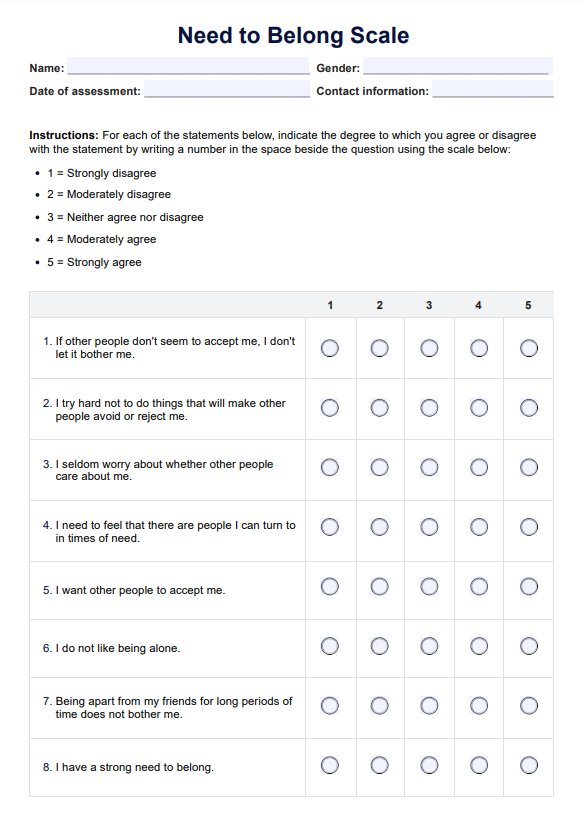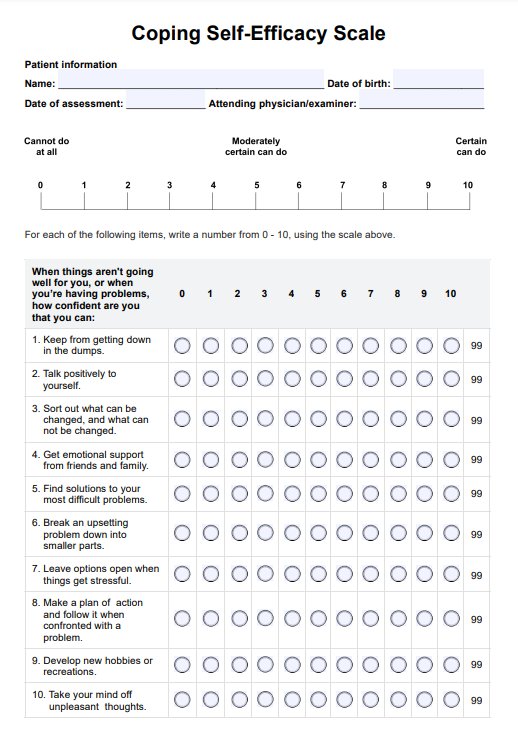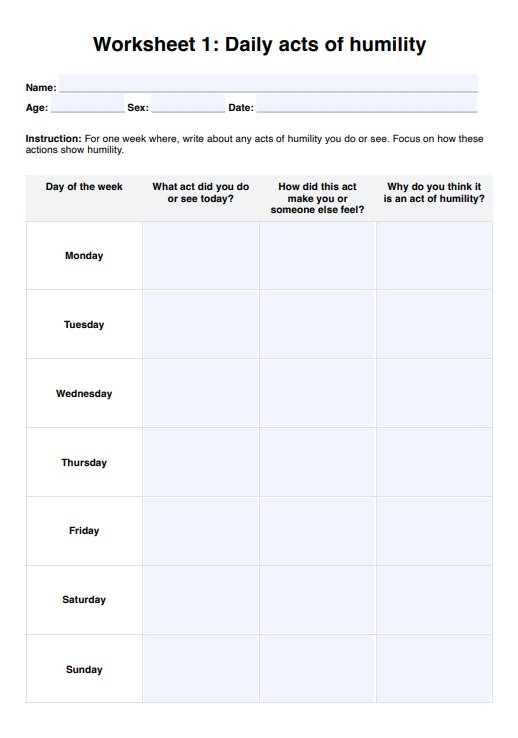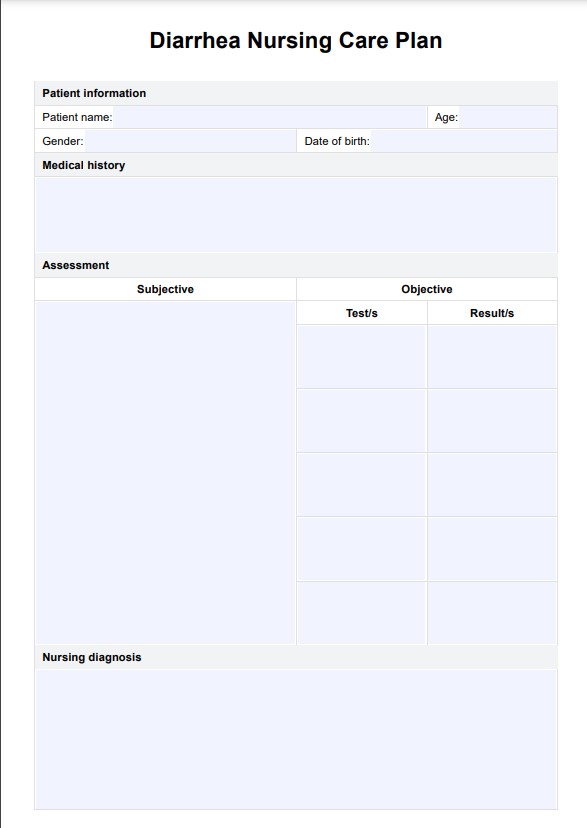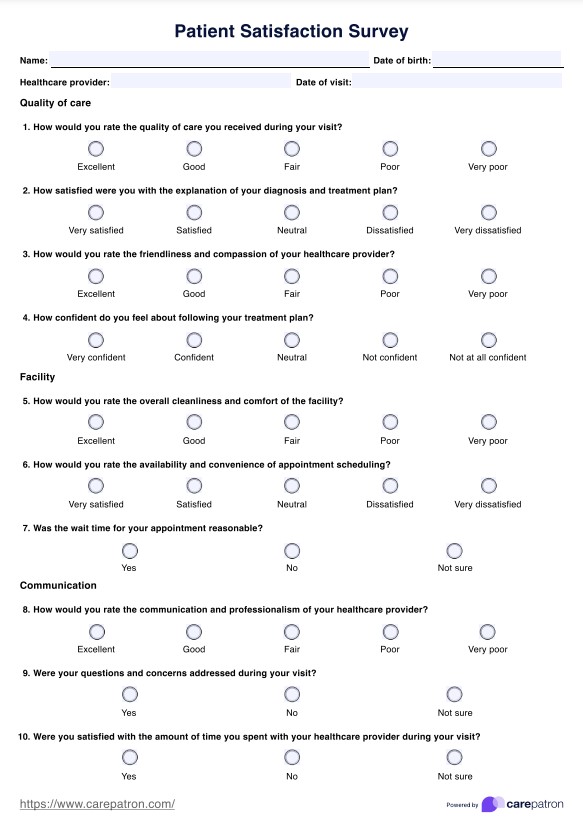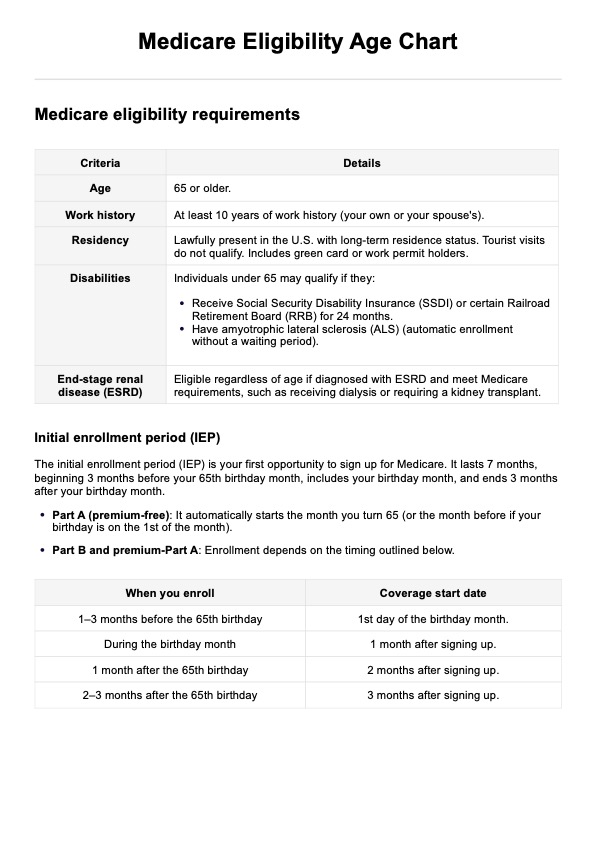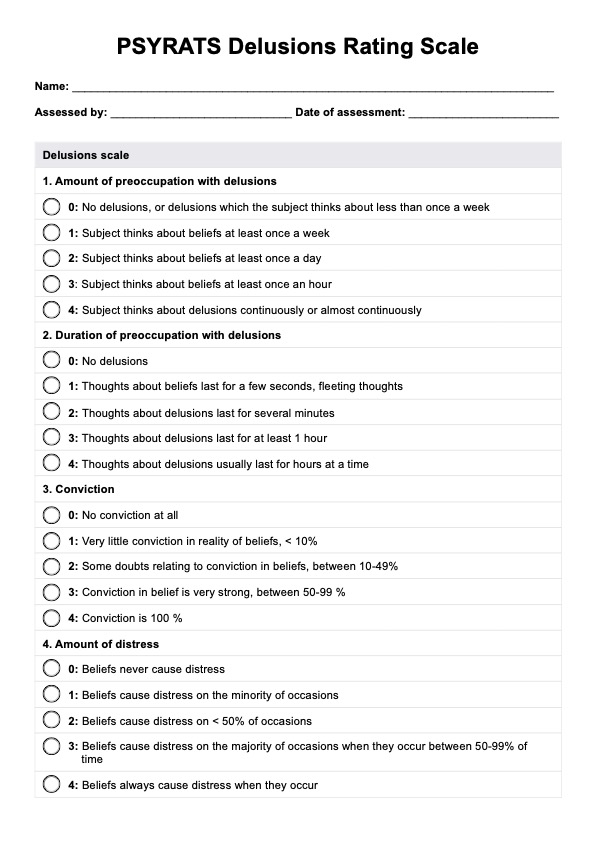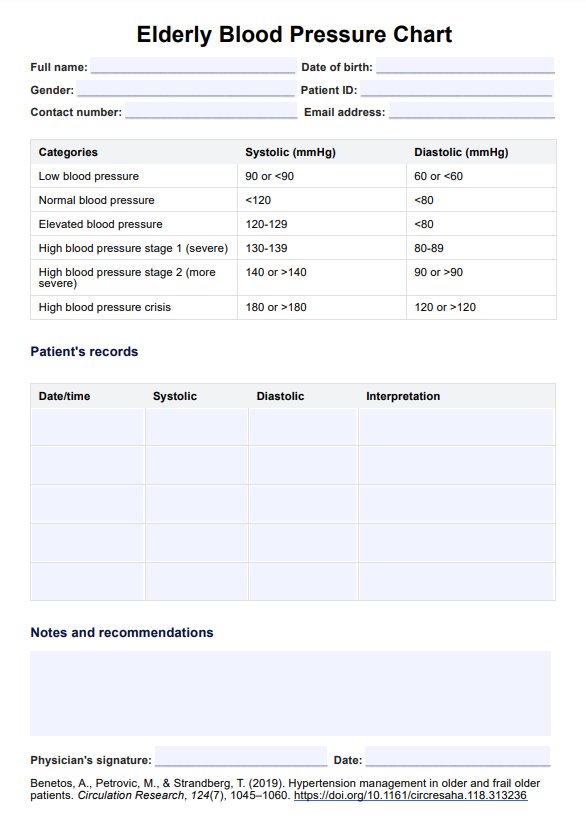Vegan Diabetes Meal Plan
Collaborate with patients to plan healthier meals that align with their needs with our Vegan Diabetes Meal Plan.


What is a Vegan Diabetes Meal Plan?
A Vegan Diabetes Meal Plan is a structured dietary approach designed to help individuals with diabetes manage their blood sugar levels while adhering to a vegan diet. This meal plan incorporates nutrient-dense, plant-based foods that support blood sugar control and overall health.
The health benefits of a healthy vegan diet for people with diabetes include improved insulin sensitivity, better weight management, and reduced risk of chronic diseases. A well-planned meal prep can ensure that individuals meet their nutritional needs, including adequate protein intake from sources like beans, lentils, and nuts (such as peanut butter).
For example, a typical Monday breakfast might consist of oatmeal topped with fruits and nuts, while a Wednesday breakfast could feature a smoothie made with spinach and plant-based milk. Focusing on complex carbohydrates and healthy fats, such as those in olive oil or avocados, can help individuals create balanced meals that promote stable blood glucose levels.
Meal planning is crucial in this context, as it allows for careful consideration of portion sizes and the inclusion of various food groups to meet the individual's nutritional requirements. Each meal should ideally contain a balance of carbohydrates, proteins, and healthy fats to support effective diabetes management.
Vegan Diabetes Meal Plan Template
Vegan Diabetes Meal Plan Example
How to use our Vegan Diabetes Meal Plan template
Utilizing our Vegan Diabetes Meal Plan template is a straightforward way to create a personalized dietary plan that supports blood sugar control and meets the nutritional needs of individuals with diabetes. Follow these steps to use the template effectively.
Step 1: Access the template
Begin by downloading or accessing the Vegan Diabetes Meal Plan template within the Carepatron platform. Ensure you have a digital or printed copy ready for use, serving as the foundation for your meal planning.
Step 2: Fill in patient and healthcare provider information
Input the patient’s details, including their name, age, weight, height, and diagnosis. Additionally, include your name, license number, and contact details. This information is crucial for tailoring the meal plan to the individual’s needs.
Step 3: Complete the meal plan table
Use the meal plan table to outline daily meals for breakfast, lunch, dinner, and snacks. Incorporate plant-based foods into planned meals, focusing on whole grains, fruits, vegetables, and protein foods. This structure helps ensure balanced meals that support diabetes management.
Step 4: Fill in additional information and notes
In the designated sections, provide any other relevant information related to the diet, such as nutritional considerations or specific dietary restrictions. Use the additional notes section for any observations or adjustments based on the patient’s feedback or health status.
Step 5: Review and adjust
After completing the template, review the entire meal plan with the patient or their healthcare team. Discuss any necessary adjustments based on their preferences or health goals. Regularly revisiting and modifying the vegan meal plan ensures it remains effective in managing blood sugars and promoting a healthy vegan diet.
By following these steps, healthcare professionals can effectively utilize our Vegan Diabetes Meal Plan template to create a comprehensive dietary strategy that supports overall health and well-being for individuals with diabetes.
Best vegan foods for diabetes and foods to avoid
When creating a Vegan Diabetes Meal Plan, it's essential to include foods that support blood sugar control while avoiding those that can lead to blood sugar spikes. The following are some of the best vegan foods to eat for people with diabetes:
- Whole grains: Foods like brown rice, quinoa, and whole-grain bread are excellent sources of complex carbohydrates. They provide fiber, which helps regulate blood glucose levels and keeps you feeling full longer.
- Legumes: Beans, lentils, and chickpeas are rich in protein and fiber, making them ideal for a healthy vegan diet. They help stabilize blood sugars and provide essential nutrients.
- Fruits and vegetables: Non-starchy vegetables like leafy greens, broccoli, and bell peppers are low in calories and vitamins. Fruits such as berries and apples (1 medium) offer antioxidants without excessive sugar.
- Healthy fats: Incorporating healthy fats like avocado, nuts (including peanut butter), and seeds can improve heart health and support overall wellness.
- Plant-based milk: Unsweetened almond or soy milk can be a great alternative to dairy, providing calcium and vitamin D without added sugars.
- Nuts and seeds: Flaxseeds, chia seeds, and walnuts are packed with omega-3 fatty acids that can help reduce diabetes-related inflammation.
- Tofu and tempeh: These soy products are excellent plant-based protein sources that can replace meat in meals while providing essential amino acids.
- Dried fruits: Dried fruits like apricots or raisins can be included in moderation for their nutrient density but should be consumed carefully due to their concentrated sugars.
- Herbs and spices: Incorporating cinnamon can improve insulin sensitivity, while garlic may help lower blood sugar levels.
- Olive oil: A great source of healthy fats, olive oil can enhance flavor without the saturated fats in animal products. It can be used in cooking or salad dressings.
While these foods can support the nutrient needs of a balanced vegan diabetes diet, certain items should be avoided to maintain optimal health:
- Refined carbohydrates: Foods made with white rice, white bread, or pastries can rapidly increase blood sugar levels due to their high glycemic index.
- Added sugars: Sweets, sugary beverages, and desserts should be limited as they provide little nutritional value and can cause significant spikes in blood sugars.
- Processed foods: Many vegan snacks may be highly processed and contain unhealthy additives or high sodium levels, negatively impacting diabetes management.
- Saturated fats: Foods high in saturated fats, such as coconut oil or certain processed vegan products, should be consumed sparingly as they may contribute to insulin resistance.
- Simple carbohydrates: Foods like candy or white rice should be avoided as they can quickly elevate blood glucose levels.
By focusing on these beneficial foods while avoiding harmful options, healthcare professionals can guide patients in creating effective meal plans that support their nutritional needs and promote better diabetes management. Proper meal planning is crucial for achieving a healthy weight and maintaining overall health for people with diabetes following a vegan diet.
Common concerns about plant-based meals for diabetes
When implementing a Vegan Diabetes Meal Plan, healthcare professionals often face concerns regarding blood sugar control and nutritional adequacy. One primary issue is the potential for blood sugar spikes from certain plant-based foods. While a vegan diet can offer significant health benefits, careful meal planning is essential to avoid high-glycemic-index foods that may lead to rapid increases in blood glucose. Monitoring portion sizes—ideally around 1 serving—is crucial for maintaining balanced blood sugar levels.
Another concern is ensuring that individuals meet their nutritional needs on a vegan diabetes diet. Adequate protein intake from sources like beans and nuts (such as peanut butter) and essential nutrients like vitamin D and healthy fats are vital. Using the vegan meal plan template can help clinicians address these issues by providing structured meal prep that incorporates a variety of plant-based foods. This ensures patients enjoy balanced meals while managing their carbohydrate intake effectively. This approach supports long-term diabetes management and overall health.
Commonly asked questions
It may not necessarily reverse but help in remission. A study entitled Remission of type 2 diabetes after treatment with a high-fiber, low-fat, plant-predominant diet intervention: a case series conducted by Panigrahi and colleagues in 2023 shows that a third of the people with diabetes they've examined have had a remission of their diagnoses by strictly following a low-fat, whole-food, and plant-predominant diet.
Yes. This is a better choice than regular mayo because it has fewer calories and a much lower amount of saturated fat. Saturated fat is a type of fat that needs to be avoided.
Yes. Vegan diets are rich in antioxidants and can prevent and manage several health issues. However, for such a diet to be truly healthy, a person should still get the necessary nutrients and minerals. Well-planned vegan diets should do just that.
Yes, a well-structured plant-based diet can be suitable for individuals with kidney disease, but it’s important to manage portion sizes and focus on 1 serving of protein-rich foods like beans and lentils while monitoring potassium and phosphorus levels. Consulting a healthcare professional or registered dietitian is recommended to tailor the vegan meal plan to individual nutritional needs.


